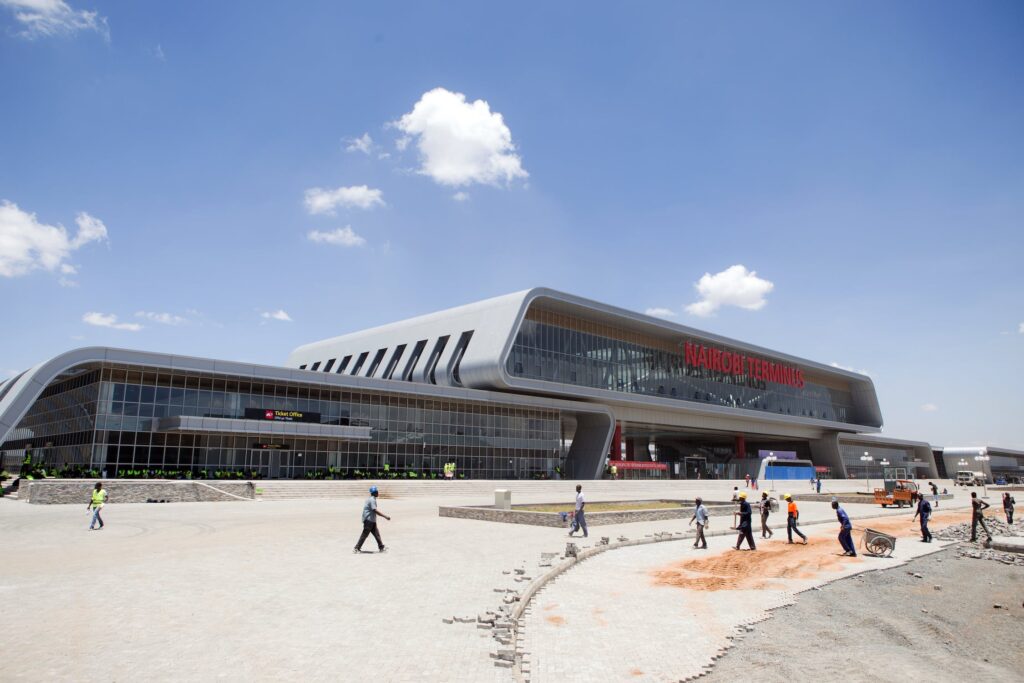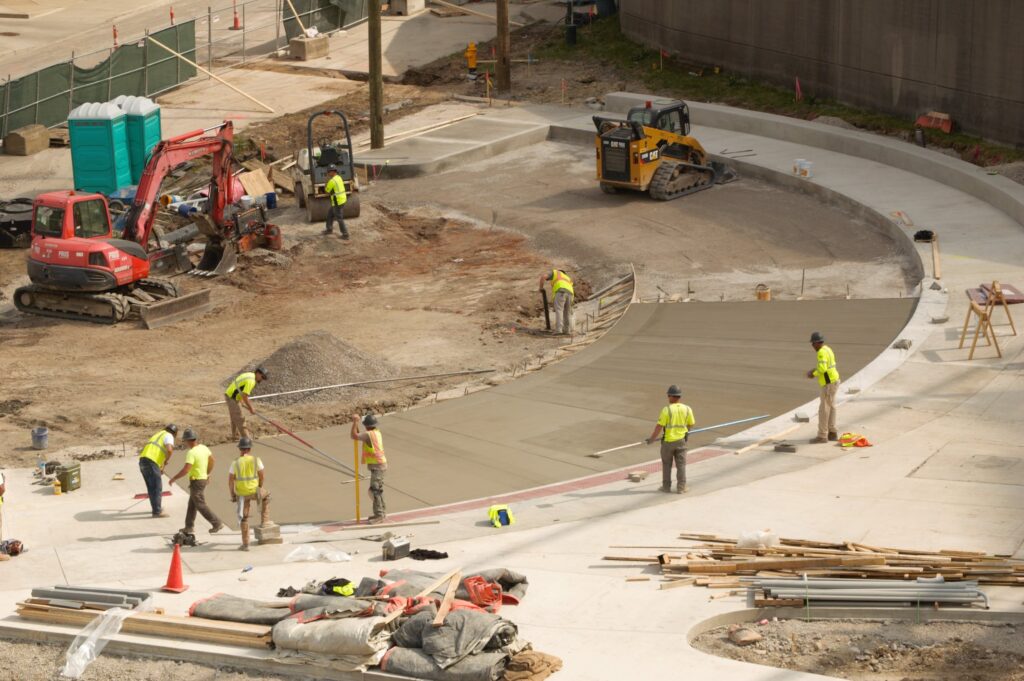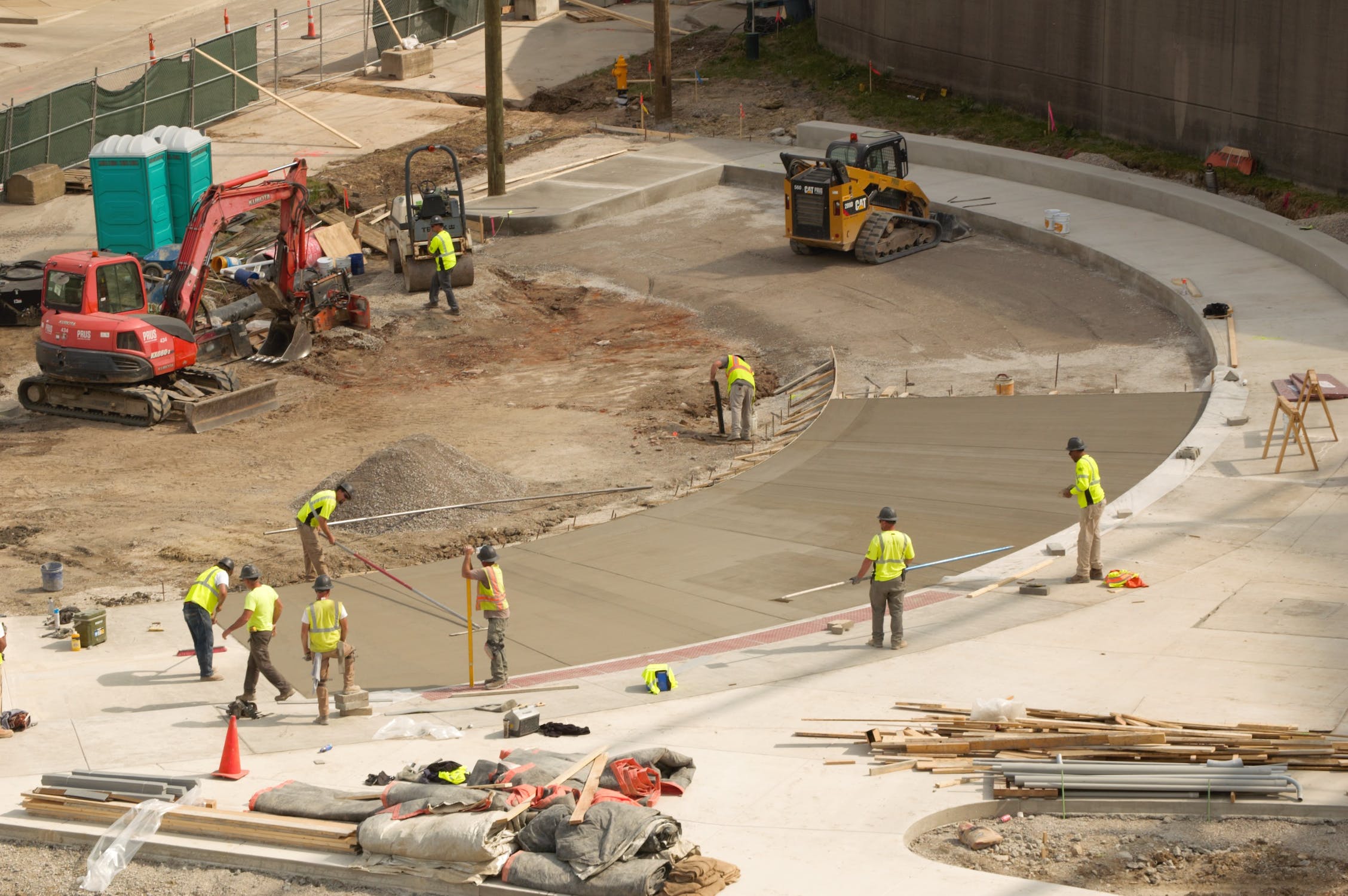In construction projects, it’s very important to calculate labor estimate costs. Labour estimate costs are essentially the calculated cost of all construction workers needed to complete a project. It’s important to calculate this correctly because it will have a direct impact on the final cost of the project. There are many factors that go into calculating labour estimate costs, including the type of work, the experience level of the workers, the number and type of tools needed, and the amount of time required to complete the work.
To calculate labour estimate costs, you will need to gather some basic information about the project. First, you will need to know the scope of the project. This includes the size of the project, the type of work involved, and the duration of the project. Next, you will need to determine the number of workers needed and their skill levels. Finally, you will need to calculate the number of hours required to complete the project.
Once you have all of this information, you can begin to calculate labour estimate costs. To do this, you will need to multiply the number of workers needed by the number of hours required to complete the project. This will give you the total number of hours required for the project. Next, you will need to calculate the hourly rate for each worker. To do this, you will need to multiply the number of hours worked by the hourly rate for each worker. Finally, you will need to add up all of the labour costs to get the total labour estimate cost for the project.

It’s important to note that labour estimate costs are just an estimate. The actual cost of labour will depend on a number of factors, including the actual number of hours worked and the actual hourly rate for each worker. However, by calculating an estimate, you can get a good idea of the total cost of labour for your project. This will allow you to budget for labour costs and ensure that your project stays on track.
There are a few different ways to calculate labour estimate costs for construction projects. The most common way is to use the industry standard of $85 per hour for unskilled labour, and $130 per hour for skilled labour. However, there are a number of factors that can impact these rates, such as the type of project, the location, and the experience level of the workers. As such, it’s always best to consult with a professional construction estimator to get an accurate quote.
Another way to calculate labour costs is to use a man-hour approach. This takes into account the number of workers needed and the hours they will work. For example, if a construction project requires four workers for eight hours each, then the total man-hours would be 32. To calculate the labour estimate cost, you would multiply the number of man-hours by the hourly rate. So, in this example, it would be 32 x $85 = $2,720.
There are a few things to keep in mind when using this method. First, it’s important to accurately calculate the number of workers needed for the job. Second, the hourly rate can vary depending on the type of worker (skilled or unskilled) and the location. Thirdly, this method does not take into account any other factors that can impact labour costs, such as tools or materials.
If you’re looking for a more accurate way to calculate labour costs, then you may want to consider using a job costing system. This type of system takes into account all of the factors that can impact labour costs, including materials, tools, and overhead. By using a job costing system, you can get a much more accurate estimate of the total cost of your project.
The final way to calculate labour costs is to use a productivity approach. This takes into account the workers’ experience level, the type of project, and the number of hours worked. For example, if a construction project requires four skilled workers for eight hours each, then the total man-hours would be 32. To calculate the labour estimate cost, you would multiply the number of man-hours by the hourly rate. So, in this example, it would be 32 x $130 = $4,160. Another example is, if it takes two workers four hours to complete a task, the productivity factor would be 2/4, or 0.5. This method can be more accurate than using an hourly rate, but it’s also more complex and may not be suitable for all projects.

Finally, you can also use a unit price method to calculate labour costs. This approach uses the total cost of materials plus the total cost of labour divided by the number of units produced. This can be a useful method for estimating costs when there is a lot of variation in the project, or when you’re working with a new contractor who doesn’t have much experience.
There are a multitude of benefits to your business that can be reaped when you conduct labour estimate costs such as :
- Accurately predicting the cost of a project before it begins can save your business time and money.
- You can avoid cost overruns by getting a realistic estimate of the total cost of labour for your project.
- You can budget more effectively for future projects by understanding the true cost of labour.
- You can negotiate better deals with contractors by knowing the going rates for labour in your area.
- You can ensure that your projects are profitable by accurately calculating the cost of labour.
On the flipside there are a number of downsides to not properly conducting labour estimates costs for your construction project such as :
- Your project could go over budget if you don’t accurately calculate the cost of labour.
- You could end up losing money on a project if you underestimate the cost of labour.
- You could put your business at risk if you don’t have a clear understanding of the true cost of labour.
Overall, it is extremely beneficial to conduct labour estimate costs for your construction projects. By doing so, you can save your business time and money, avoid cost overruns, and ensure that your projects are profitable. If you’re not sure how to calculate the cost of labour for your project, then be sure to consult with a professional construction estimator. They will be able to provide you with an accurate quote based on the
No matter which method you use, it’s important to remember that labour costs can vary significantly from one project to the next. As such, it’s always best to get a few different estimates before making a final decision. This will help you ensure that you’re getting the best possible value for your money.
A good construction software makes use of good project management functionality, estimate and financial/accounting tool functionality, job management, scheduling and planning and support functionalities and more. WunderBuild is a construction management software that aims to provide all of these functionalities and more to bring out the best outcomes for a project. Enquire here today, to learn more about Wunderbuild and start your free trial.




